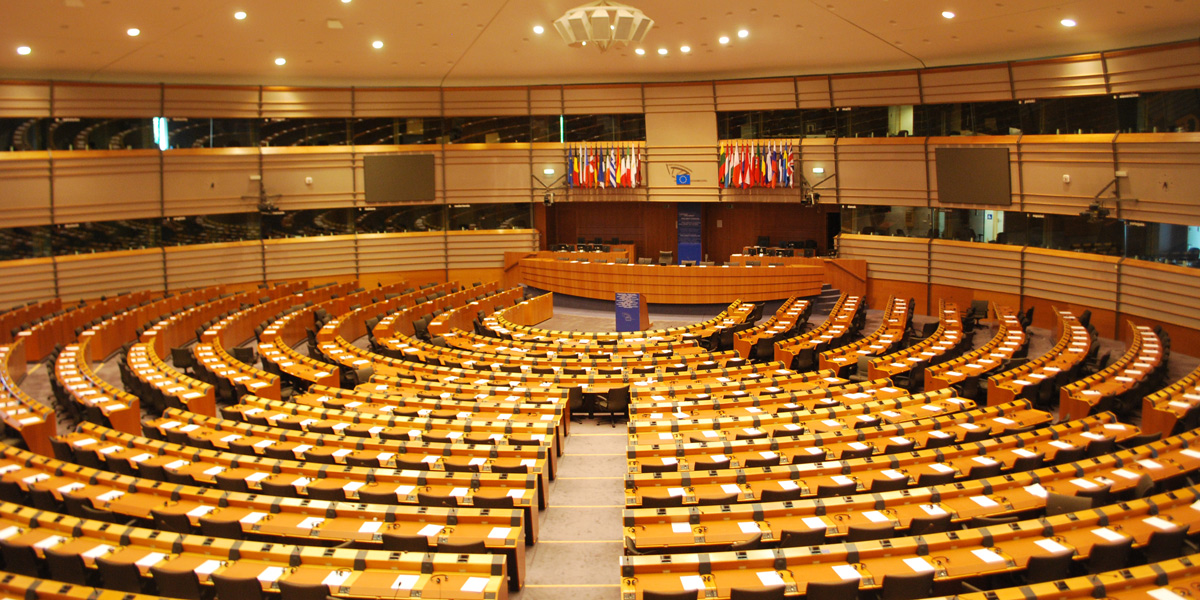
The MEPs raised concerns over harmful herbicide residues and called for overhaul of GMO authorisation procedure
MEPs objected today to EU Commission plans to authorise imports of products made from GM herbicide-tolerant maize and cotton.
They highlighted concerns raised by independent research and member states, and repeated Parliament’s call for an overhaul of the EU’s GMO authorisation procedure.
A resolution opposing the marketing of products containing maize DAS-40278-9 points to concerns raised by independent research about the risks of the 2,4-D herbicide, to which the maize is tolerant, for embryo development and endocrine disruption.
Member States criticised the authorisation procedure during the three-month consultation period before approval, referring to missing or insufficient data, contradictory statements and poor test design.
The non-binding resolution was adopted with 435 votes to 216 and 34 abstentions.
In a separate resolution, adopted with 425 votes to 230 and 27 abstentions, MEPs say that imports of products from genetically modified cotton GHB119 should not be authorised, as this would encourage the use of glufosinate ammonium-based herbicides (to which GHB119 is resistant) in the world, while glufosinate is classified as toxic for reproduction.
Commenting after the vote, Keith Taylor, a British Green MEP and a member of the European Parliament's Environment and Public Health Committee, said:
"Today's vote is a welcome victory for GMO campaigners and one in the eye for agri-corporations. Both of the GMOs we voted down today are specifically designed to be tolerant to herbicides that pose a credible risk to human health. We can feed ourselves and our farm animals without resorting to dangerous and unnecessary GM crops and an abundant cocktail of toxic chemical products. Greens continue to make this case."
"And it is clear people are listening; time and time again, the European Parliament has expressed its opposition to GMOs, as have a majority of Member States in numerous committee decisions. The message is clear. The world already produces enough food for 10bn people, but agri-corporations argue we need GM to feed the world. We don't. Our focus should not be on increasing production, but rather on reducing food waste and radically reorganising our wasteful and inefficient food distribution system.”
"While MEPs continue to stand up to agri-corporations, Tory Ministers have suggested Brexit could be ‘an opportunity’ to water down Britain's GM crop regulation. As Greens, we will be fighting to make sure this doesn’t happen; it is vital we maintain and strengthen EU GM safeguards post-Brexit. For the health of British people, the environment and farmers, the UK must not be flooded with untested genetically modified crops.”
Background
Another EU law that would enable any EU member state to restrict or prohibit the sale and use of EU-approved GMO food or feed on its territory was opposed by Parliament in October 2015. MEPs are concerned that this law might prove unworkable or that it could lead to the reintroduction of border checks between pro- and anti-GMO countries. They called on the Commission to table a new proposal.
Sources:
European Parliament News
http://www.europarl.europa.eu/news/en/news-room/20170509IPR73942/calls-to-halt-gm-maize-and-cotton-import
Keith Taylor MEP
http://www.keithtaylormep.org.uk/2017/05/17/green-mep-welcomes-european-parliament-gmo-objection/










